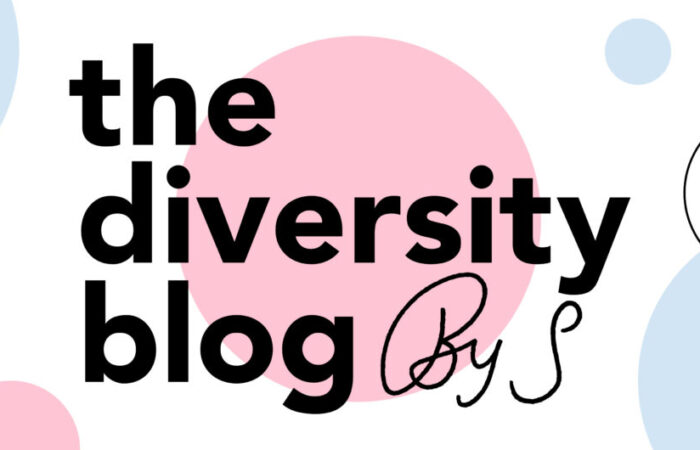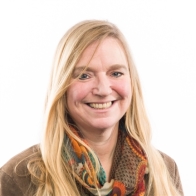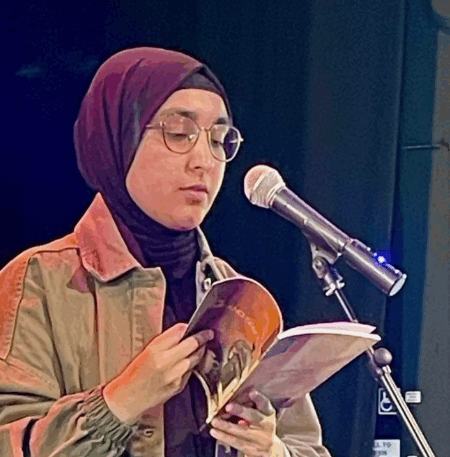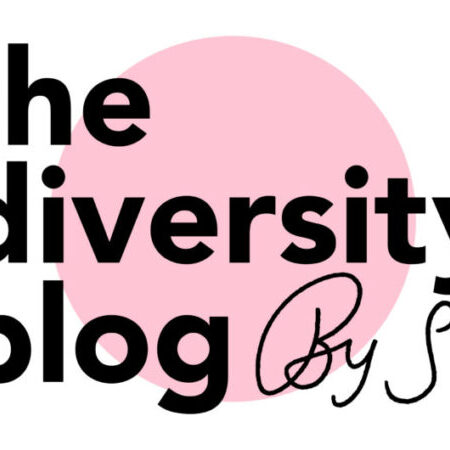Finding Home: A Journey Through Identity, Medicine and Belonging
Roots and Family: London Beginnings
I was born in London, as were my three brothers, to parents who met here after emigrating from Nigeria in the 1980s. My family settled in a council flat in south-east London, and from the beginning, family was everything to us. Our home was filled with the warmth of Igbo traditions—conversations in our mother tongue, the aroma of jollof rice and ogbono soup and a strong sense of community that made a foreign city feel like home away from home.
The Pillars of Home: Hard Work and Guidance
My mother worked as a teacher during the day, shaping young minds and instilling in me a deep respect for education. My father worked for a train company at night, often coming home in the early hours of the morning, his dedication ensuring we had everything we needed. Their tireless work ethic and commitment to our family’s well-being set an example I strive to live up to every day.
But outside our front door, the reality was often more complicated. My area was crime-ridden, and as a young person, I constantly faced choices: to follow the crowd or to stay true to the values my parents instilled in me. The temptation to stray was always present, especially as the eldest of four brothers, with my siblings looking up to me. My parents played a crucial role in keeping us on the straight and narrow. Their guidance and strong expectations gave me a moral compass that helped me focus on greater things, even when the path forward was unclear at times.
Mentors and Role Models: The Influence of Family
Growing up, my uncle lived with all of us. He was a constant presence in our household, and I grew extremely close to him. He, like my mother, had studied subjects in the sciences, and both were a source of inspiration for my own academic ambitions. My uncle’s encouragement and my mother’s example showed me that education was a pathway to opportunity and empowerment. Their dedication to learning and their pursuit of knowledge made a lasting impression on me.
Two Worlds: Identity and Belonging
Navigating two worlds or cultures—Nigerian [or Chibueze] at home and British [or Edward] outside—taught me pragmatism, empathy, resilience and the importance of belonging. At home, I was expected to uphold traditions and respect my elders; in school and the wider community, I had to fit in and understand the unspoken rules of a society that was not always welcoming to difference. This duality became a defining part of my identity.
Connecting with My Roots: Journeys to Nigeria
From the age of nine, my family began travelling regularly to Nigeria. These trips deepened my understanding of my roots and strengthened my connection to the land of my ancestors. I have vivid memories of spending time with relatives, learning about our culture and seeing firsthand the challenges and opportunities that exist in Nigeria. These experiences gave me a sense of belonging that went beyond my life in London and inspired me to think about how I could contribute to both communities.
I developed a strong affinity for Nigeria and a deep sense of responsibility toward the country of my parents. I became aware of the brain drain—the phenomenon where talented professionals leave their home countries for opportunities abroad, often at the expense of local development. I felt a calling to work against this trend, to use my education and skills to serve both the community in the UK and that of my ancestors, and to show that it is possible to make a difference in more than one place.
A Call to Serve: Medicine and the Brain Drain
Medicine became my calling early on. I wanted to give back to the communities that had shaped me, both here and in Nigeria. But not having any doctors in my family meant I had to figure out the path to medical school through trial and error. It took me four application cycles, two degrees and two universities before I finally received an unconditional offer. Each rejection was a setback, but I refused to give up.
One of the biggest lessons I learned was the importance of balance. My parents, like many African parents, placed a strong emphasis on academic achievement. I had to learn, sometimes the hard way, that medical schools were looking for more than just grades—they wanted well-rounded individuals with extracurricular experience. I started alternating my weeks between academics and extracurricular activities, seeking out volunteering opportunities, joining societies and taking on leadership roles. This balance not only set me apart as an applicant but also enriched my personal growth.
Faith, Resilience and Community
Throughout my journey, faith has been both a comfort and a challenge. There were times when I felt isolated and uncertain, especially during tough periods in my studies or when facing setbacks. My father’s and mother’s prayers and the rituals of my upbringing provided solace, but I also struggled with moments of doubt, particularly when the pressure to succeed felt overwhelming. These experiences taught me the value of resilience and the importance of community support.
Navigating medical school challenges during tough personal times was another hurdle. I have seen friends struggle with the emotional toll of narrowly passing or failing exams, and I have felt that anxiety myself. It is a reminder that we are more than our grades—our experiences, our struggles and our resilience all shape who we become.
On the Verge of a New Chapter
As a final year medical student, awaiting final results, I am now on the verge of graduation—hopefully the first doctor in my family. The process has been long and demanding, starting from the age of five and continuing now at 31.
I have learned that success is not just about academic achievement, but about perseverance, adaptability and the ability to keep moving forward even when the odds seem stacked against you.
Gratitude and Legacy: The Power of Sacrifice
Looking back, I am grateful for the sacrifices my parents made and the values they instilled in me. I am also thankful for the support of my late uncle, who lived with us and became a mentor and friend. The inspiration I drew from both my mother and uncle, as they pursued their own paths in the sciences, showed me the value of lifelong learning and the importance of giving back to the community. My father’s work ethic and example showed me the importance of breaking limits and facing adversity head on with unwavering determination and heart.
My experiences travelling to Nigeria and growing up in a close-knit family have given me a unique perspective. I see the importance of family and community, and I am inspired to use my medical career to bridge the gap between the UK and Nigeria. I want to work against the brain drain, to show that it is possible to serve both the community here and that of my ancestors.
I believe that by sharing my skills and knowledge, I can make a difference in both places. I am reminded of the lessons my parents taught me about hard work and dedication. I sometimes feel frustrated about overcommitting and missing out on family time, but I know that these sacrifices are part of the journey toward a greater goal.
Above all, I am willing to make the sacrifices necessary so that my descendants have a better life—this is the dream that brought my parents to the UK in the first place. Their mission here was always to create opportunities for the next generation, even if it meant giving up so much themselves. They have always spoken of returning to Nigeria once their work here is done, once they have fulfilled their promise to give their children and grandchildren a brighter future. This willingness to sacrifice for the sake of those who come after us is the legacy I hope to continue, both in my personal life and in my career as a doctor.
A Message of Hope and Belonging
This blog is my way of sharing that journey—of being a second-generation Nigerian in the UK, of pursuing a dream that seemed out of reach, and of finding belonging in a world that often feels divided. I hope my story inspires others who are navigating their own paths between cultures and identities. Your story matters, and together, we can build a community that celebrates every part of who we are without having to give up everything just to be part of one group.
Edward Mbanasor
Final Year Medical Student





